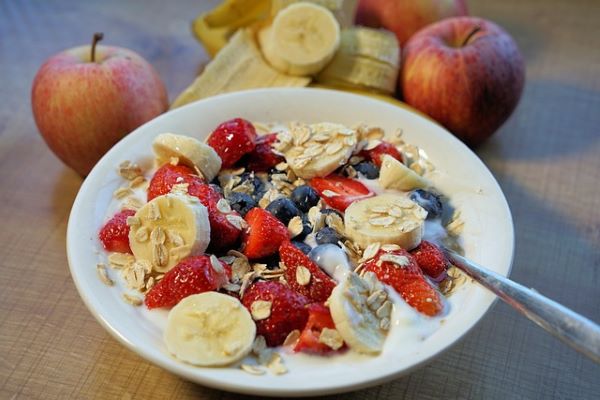In a health-conscious world, reducing sugar intake is a priority for many individuals seeking to manage weight, blood sugar levels, or overall well-being. Sugar-free sweeteners have emerged as popular alternatives, offering the sweetness of sugar without the associated calories. These sweeteners come in various forms, each with unique characteristics and applications. This article explores seven types of sugar-free sweeteners available in the market, detailing their purposes, benefits, and potential health implications.
1. Stevia:
Purpose: Stevia is a natural, zero-calorie sweetener derived from the leaves of the Stevia rebaudiana plant.
Explanation: Stevia is approximately 200-300 times sweeter than sugar and is praised for its natural origin. It does not raise blood sugar levels, making it suitable for diabetics and those on low-carb diets. (Source)
Used In: Beverages, yogurt, baked goods, and dietary supplements.
Source: Journal of Medicinal Food, American Diabetes Association.

2. Erythritol:
Purpose: Erythritol is a sugar alcohol used as a low-calorie sweetener.
Explanation: Found naturally in some fruits and fermented foods, erythritol provides about 70% of the sweetness of sugar but with virtually no calories. It does not affect blood sugar levels and is less likely to cause digestive issues compared to other sugar alcohols. (Source)
Used In: Sugar-free candies, baked goods, and beverages.
Source: Journal of Nutrition, Food and Chemical Toxicology.
3. Xylitol:
Purpose: Xylitol is a sugar alcohol that provides sweetness with fewer calories than sugar.
Explanation: Derived from birch wood or corn, xylitol has about 2.4 calories per gram and does not spike blood sugar levels. It is also known for its dental benefits, as it can help reduce the risk of cavities.
Used In: Sugar-free gum, toothpaste, and baked goods.
Source: International Journal of Dentistry, American Journal of Clinical Nutrition.

4. Aspartame:
Purpose: Aspartame is a low-calorie artificial sweetener.
Explanation: Composed of aspartic acid and phenylalanine, aspartame is about 200 times sweeter than sugar. It is widely used in various low-calorie and sugar-free products. However, it must be avoided by individuals with phenylketonuria (PKU).
Used In: Diet sodas, sugar-free gum, and tabletop sweeteners.
Source: Food and Drug Administration (FDA), National Institutes of Health (NIH).
Also, read: All You Need to Know about Aspartame, The Artificial Sweetener
5. Sucralose:
Purpose: Sucralose is a zero-calorie artificial sweetener used as a sugar substitute.
Explanation: Made by modifying sugar molecules, sucralose is about 600 times sweeter than sugar and remains stable under heat, making it suitable for cooking and baking. It passes through the body without being metabolized, thus contributing no calories.
Used In: Baked goods, beverages, and sugar-free desserts.
Source: Journal of Toxicology and Environmental Health, Critical Reviews in Toxicology.
Also, read: All You Need to Know about Sucralose The Artificial Sweetener
6. Monk Fruit Extract (Luo Han Guo):
Purpose: Monk fruit extract is a natural, zero-calorie sweetener.
Explanation: Derived from the monk fruit, it is 150-200 times sweeter than sugar and is known for its clean, sweet taste without bitterness. It does not impact blood sugar levels and is suitable for various diets, including keto and diabetic diets.
Examples: Beverages, sauces, and sugar-free desserts.
Source: Journal of Food Science, International Journal of Food Sciences and Nutrition.
Also, read: Quickly Know 10 Commonly Used Artificial Sweeteners
7. Allulose:
Purpose: Allulose is a rare sugar with about 70% of the sweetness of sugar but only a fraction of the calories.
Explanation: Naturally found in small quantities in certain fruits, allulose has minimal impact on blood sugar levels and provides only 0.4 calories per gram. It is gaining popularity for its sugar-like taste and texture.
Used In Low-calorie ice cream, baked goods, and beverages.
Source: Journal of Food Science, Journal of Agricultural and Food Chemistry.
Conclusion:
Sugar-free sweeteners offer a range of options for those looking to reduce sugar intake without sacrificing sweetness. Each type of sweetener has its unique properties and applications, catering to different dietary needs and preferences. While these alternatives can be beneficial, it’s important to stay informed about their potential health effects and to use them in moderation. Understanding the various sugar-free sweeteners available in the market helps consumers make better choices that align with their health goals and dietary requirements.





